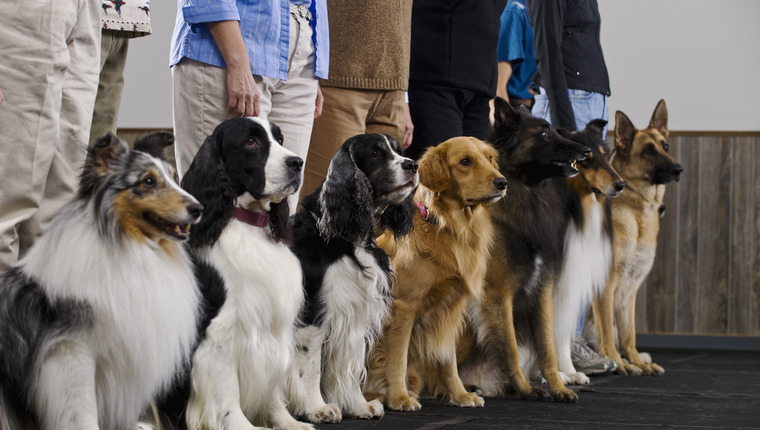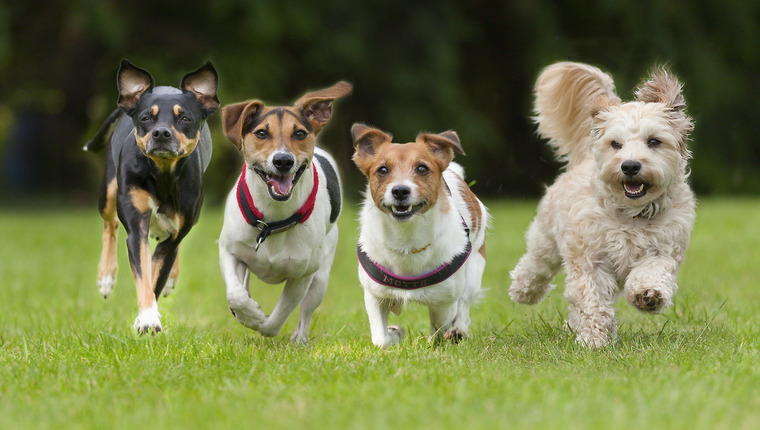
We’re all aware of the age-old stereotypes that surround some dog breeds, for better or for worse.
We can often typecast Golden and Labrador Retrievers as happy-go-lucky, but not all that bright. Many unfortunately view Pit Bulls and other bully breeds as inherently mean or likely to snap. However, many of their fans will tell you these breeds are just big softies.
Some regard Chihuahuas and other small breeds as less trainable. They might allow them to get away with dog behavior that wouldn’t be acceptable for a German Shepherd.
But how many of these preconceived notions about our dogs are true?
With Dog Behavior, Breed Isn’t What Matters
A UMass Chan Medical School study of over 2,000 purebred and mixed-breed dogs, published in Science, suggests that behavioral traits in dogs aren’t specific to breed.
“Although ‘friendliness’ is the trait we commonly associate with golden retrievers, what we found is that the defining criteria of a golden retriever are its physical characteristics – the shape of its ears, the color and quality of its fur, its size – not whether it is friendly,” said senior author Elinor Karlsson, PhD, associate professor of molecular medicine at UMass Chan and director of the Vertebrate Genomics Group at the Broad Institute of the Massachusetts Institute of Technology and Harvard University. “While genetics plays a role … specific dog breed is not a good predictor of those traits.”
The genetic differences between breeds primarily affected genes that control physical traits – far more than breed differences affected dog behavior.
“The majority of behaviors that we think of as characteristics of specific modern dog breeds have most likely come about from thousands of years of evolution from wolf to wild canine to domesticated dog, and finally to modern breeds,” said Karlsson.
“These heritable traits predate our concept of modern dog breeds by thousands of years. Each breed inherited the genetic variation carried by those ancient dogs, but not always at exactly the same frequencies. Today, those differences show up as differences in personality and behavior seen in some, but not all, dogs from a breed.”
Setting Your Dog up for Success Regardless of Breed
It may be that some of our struggles with our pets are based on our own typecasting of them. Many parents of small dogs believe that their dogs are untrainable, but there’s little evidence to suggest that this is true – it may be more likely that, because dog parents can easily ‘control’ small dogs, we simply view them as less of a problem than a lunging or barking Rottweiler. However, that doesn’t mean your dog’s breed is irrelevant.
Nutritional differences are common between dog breeds, so you can help your pup by researching and asking a veterinarian about the best food for them. The same applies to exercise requirements; your Australian Shepherd mix will likely need a longer jog than the neighbor’s English Bulldog.
Research your dog’s breed and what others say about them. But, don’t let it entirely shape your perception of your pup. They’re still an individual, and they can easily have temperament and personality differences from what the breed is known for.









